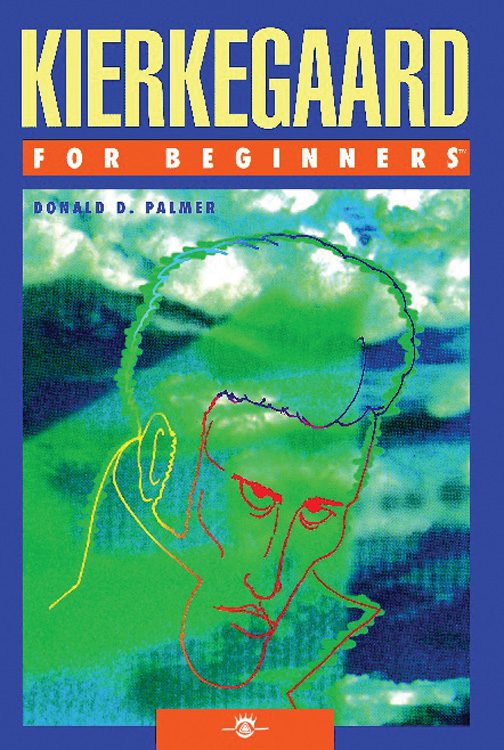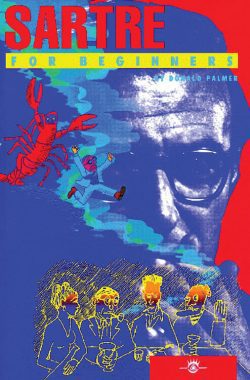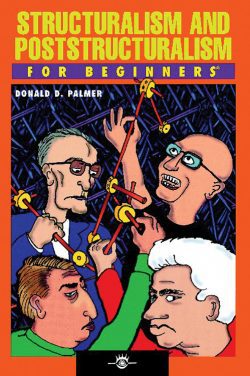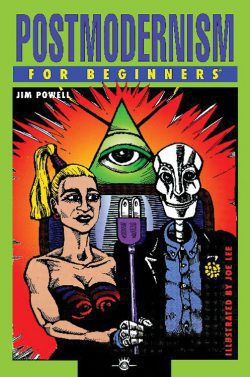The Danish philosopher Soren Kierkegaard was one of the most original thinkers of the 19th Century – and one of the most enigmatic men who ever walked the Earth.
Philosophically, Kierkegaard was the “bridge” that led from Hegel to Existentialism.
Kierkegaard abhorred Hegel’s abstract, Know-it-all idealism that tried to capture reality in a few words. Kierkegaard’s attack on social and religious complacency and his single-handed assault on traditional Western philosophy generated a crisis that produced a radically new way of philosophizing and made him the founder of the school that would later be called Existentialism. To Kierkegaard, reality was personal, subjective – it began and ended with the individual – and philosophy was not something one merely talked about, it was the way you lived.
For such a brilliant thinker, the way Kierkegaard lived was… somewhat too interesting? His “abstract” love affair? His obsession with death? His “leap of Faith,” his cynicism, his marvelous sense of humor – how do you put all that into one man?
For starters, you read Kierkegaard For Beginners. It explains, plainly and simply, the great Danish thinker’s obsession with the particularity of human existence as well as his demonstration of how the creation of an authentic new kind of individual is possible.





